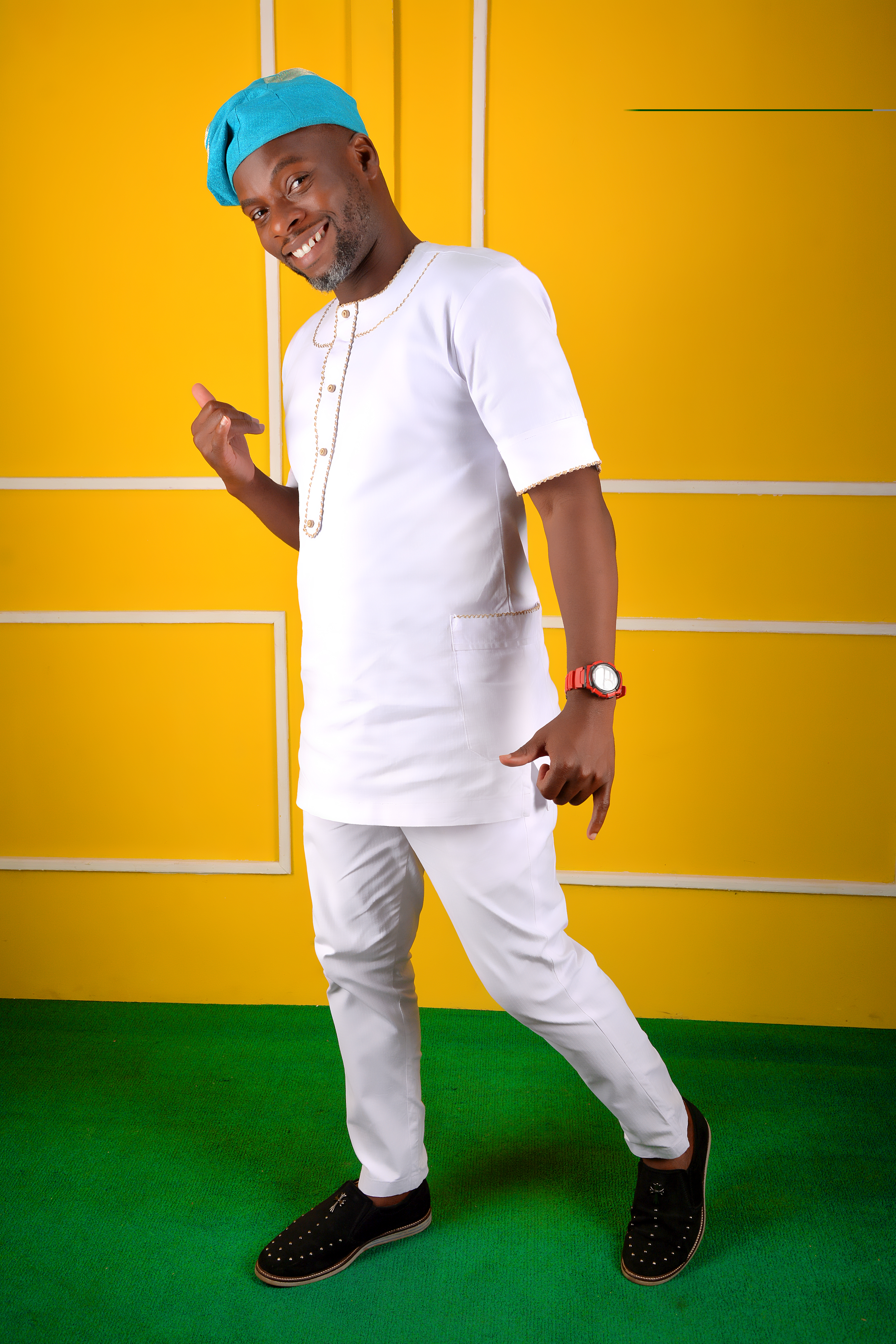There was quite a spirited debate in July this year about the state of Nigeria and its youth after it was revealed at a Google tech event in Lagos, that the most searched topics on the world’s most popular search engine, in the world’s most populous black nation, were not “why is Nigeria yet to eradicate polio”, “how do I get my PVC” or “how do plants convert carbon dioxide to oxygen”.
Oh No! We as a proud collective community seemed keener to discover the uncharted mysteries of… wait for it… (in no particular order) “Wizkid Soco”, “how to tie gele”, “how to prepare banga soup” (my personal favourite), “BBNaija” and “world cup fixtures”. The list continued with other topics like “Npower”, “Black panther”, “who is the richest musician in Nigeria” and last but not least by any stretch of the imagination, “how to dance shaku-shaku”.
One commentator quipped following the not so startling revelation “I am embarrassed for us as a nation. I’m more embarrassed for my generation”. Another person on twitter confessed “I was among those that searched for how to dance shaku-shaku (straight face emoji). My dear reader, apart from work related searches, please tell the truth and (as we would say in Nigeria), shame the devil. Have you not googled one of these things at least once or something related to a category that one of these searches belongs to?
More than any other reason, we go to the internet to be entertained. If we accidentally get educated we say “Okay. Moving on” and look for what is hot on Linda Ikeji, Bella Naija weddings or what Davido and Chioma are up to.
Before we send Nigerian youths to the executioner, look at the YouTube video with the most views. It definitely isn’t a step by step instruction on how to excise an ingrowing toe nail; No. it is Despacito by Luis Fonsi with a staggering 5.4 billion views since its release in January 2017. So it is apparent that people will gravitate to what will make them smile, laugh out loud, or dance. And herein lays the crux of this discourse.
While the origins of shaku-shaku may be somewhat obscure, you know that it has entered the mainstream when you see a certain Chairman dancing it vigorously and rather well at his mother’s 90th birthday celebration (if you know, you know!). You might even find the odd @thenosiynaijapaediatrician on the gram busting a move or two to very mixed reviews.
Countries and their citizens pride themselves in what they are able to produce and give to the world. The Japanese give us cars and electronics, the Chinese give us cell phones, the Swiss give us Chocolate. So, you ask yourself, what are we producing in significantly large quantities to be exported. The answer movies and music. And what is music without dance?
Dance trends in Nigeria moved from galala to alanta to yahooze to sanko and now shaku-shaku reigns supreme. The popularity of the shaku-shaku (which I think should get a place in the oxford’s English dictionary) has been fuelled by the power of social media and its far reaching influence on its users which are millennials and younger. These young people are influenced by the people they see on platforms like Instagram, twitter and snapchat.
Whether one chooses to accept it or not, the Maleek Berrys, the Olamides, the Wizkids and the Mr. Reals of Nigeria are a new generation of “influencers” (as they are popularly known in social media circles) shaping the thinking, whether for better or worse, of an emerging generation of Nigerians. They are representative of a group that comprises comedians, (Maraji, lasisielenu, brodashaggy, markanngelcomdey and Emmanuella), actors and actresses (Adesua Etomi, Funke Akindele, aka Jenifa, Alex Ekubo, Uti Nwachukwu), blogs and influencers (Oyemykke, instablog naija, ynaija, tundeednut) and a completely unspecified group of “talents” (Bobrisky, and Speedy Darlington).
People follow these individuals by the hundreds of thousands and shaku-shaku is a symbol of the power that they have to cause behavioural change. This says that important messages can be passed across to the public if harnessed on the back of the entertainment industry and social media in all its glory. They shouldn’t be lampooned for getting their message out, the lesson is: get your own message out as well. “Lionheart” is the first Nigerian production on Netflix. I am uncertain if another African country has a production on Netflix at this point, but the Genevieve Nnaji production is a testament to the fact that Nigeria is on the map in entertainment, which is currently our biggest export.
Just in case you were thinking shaku-shaku was a local phenomenon, think again because it is currently featured as one of the victory dance moves in the latest PlayStation 4 NBA2K19 game that was released in September 2018. Shaku-shaku has transitioned from just a street dance to become a national identity, like a Nigerian’s love and fierce defence of Nigerian Jollof Rice against external imitations and aggression. Better believe that.
So if you don’t yet know how to shaku-shaku, please get lessons or you will be summarily handed over to the Ghanaians because your Nigerian-ness is in question.
Follow @thenoisynaijapaediatrician on IG


